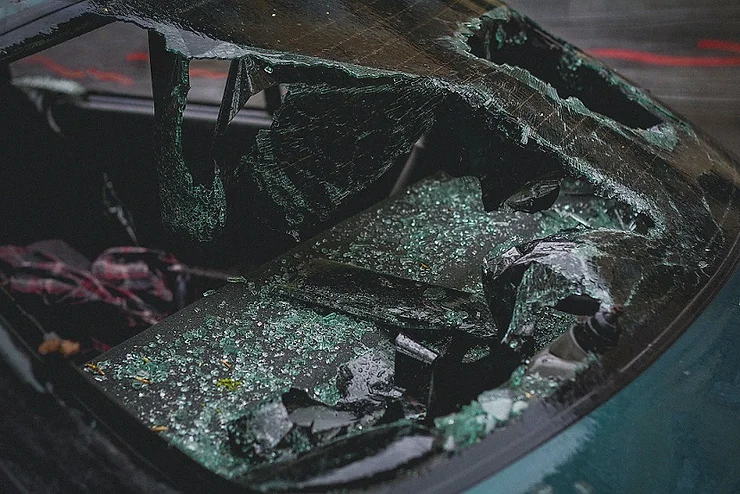Trauma can take many forms — it may be a single shocking event or repeated distressing experiences over time. Regardless, trauma can leave a lasting impact on your mental and emotional health.
Posttraumatic Stress Disorder (PTSD) is a mental health condition triggered by experiencing or witnessing a traumatic event. Symptoms usually persist for more than six months and can significantly interfere with daily life.
While PTSD can develop after various types of trauma, some events are more likely to cause it — including natural disasters, sexual assault, military combat, abuse, and notably, car accidents.
How Car Accidents Can Lead to PTSD
Car accidents are a leading cause of injury and death in the United States, and they are also among the most common triggers of PTSD. The sudden, frightening nature of crashes, combined with physical injuries and emotional shock, can lead to lasting psychological distress.
Survivors of motor vehicle accidents may face flashbacks, nightmares, and anxiety that disrupt their daily lives — sometimes long after physical wounds have healed. It’s important to recognize that while physical injuries get immediate attention, emotional wounds often require specialized care.
PTSD Statistics After Car Crashes
-
Nearly 50% of car accident survivors develop symptoms of PTSD.
-
Approximately 2 million Americans experience PTSD related to crashes.
-
Each year, 4.4 million people suffer injuries from car accidents serious enough to require emergency treatment.
Common Causes of PTSD Following a Car Accident
Several factors contribute to the development of PTSD after a crash:
-
The unexpected, sudden nature of the accident
-
Extensive damage to vehicles
-
Physical injuries to yourself and/or others
-
Law enforcement and legal involvement
-
High medical bills and insurance complications
PTSD Symptoms Linked to Car Accidents
If you’ve experienced a car accident, watch for these signs of PTSD:
-
Intrusive thoughts: Unwanted mental images of the crash that pop up suddenly
-
Flashbacks: Vivid reliving of the event, often accompanied by physical reactions
-
Nightmares: Disturbing dreams about the accident causing emotional distress upon waking
-
Avoidance behaviors: Avoiding driving, being a passenger, or certain roads related to the crash
-
Triggers: Specific people, places, or objects that provoke anxiety or panic attacks
-
Hyper- or hypo-arousal: Feeling constantly on edge, jittery, or lethargic and emotionally numb
PTSD in Children After Car Accidents
Children may display PTSD differently from adults. Signs include:
-
Behavioral changes and difficulty paying attention
-
Increased anger or frustration
-
Trouble sleeping, sleepwalking, or bedwetting
-
Aggressive behavior toward others
If a child shows these symptoms after a car accident, early intervention from a mental health professional experienced in pediatric PTSD is crucial.
Getting Help for PTSD After a Car Accident
If you or a loved one are struggling with PTSD symptoms following a crash, know that help is available. Options include:
-
Talking with your family physician
-
Seeking support from a licensed counselor or therapist
-
Psychotherapy, such as cognitive-behavioral therapy (CBT)
-
Medication when appropriate to manage symptoms
Early treatment can significantly improve quality of life and help you regain control.
Don’t suffer in silence. If you recognize symptoms of PTSD after a car accident, reach out for help today.


